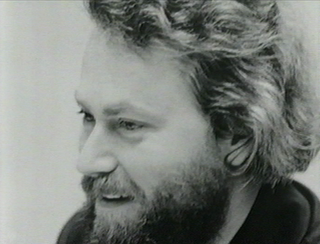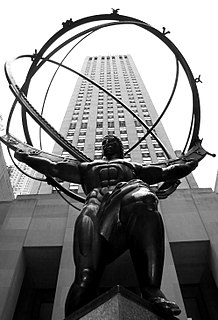A Quote by Jim Butcher
He wasn't evil as much as magnificently innocent of any kind of morality.
Related Quotes
For the first time in history, the rational and the good are fully armed in the battle against evil. Here we finally find the answer to our paradox; now we can understand the nature of the social power held by evil. Ultimately, the evil, the irrational, truly has no power. The evil men’s control of morality is transient; it lives on borrowed time made possible only by the errors of the good. In time, as more honest men grasp the truth, evil’s stranglehold will be easily broken.



































